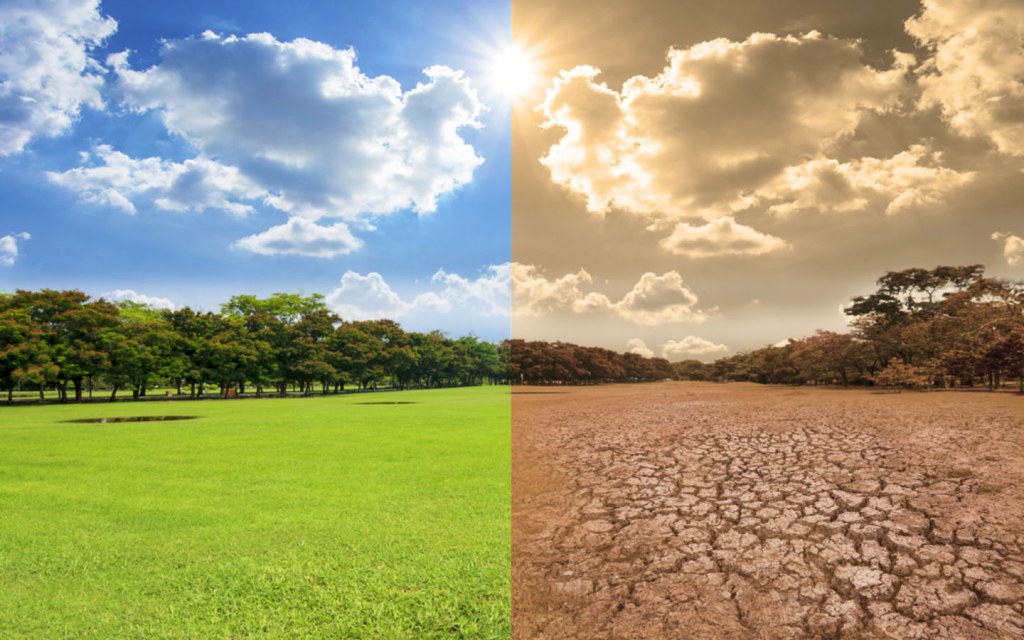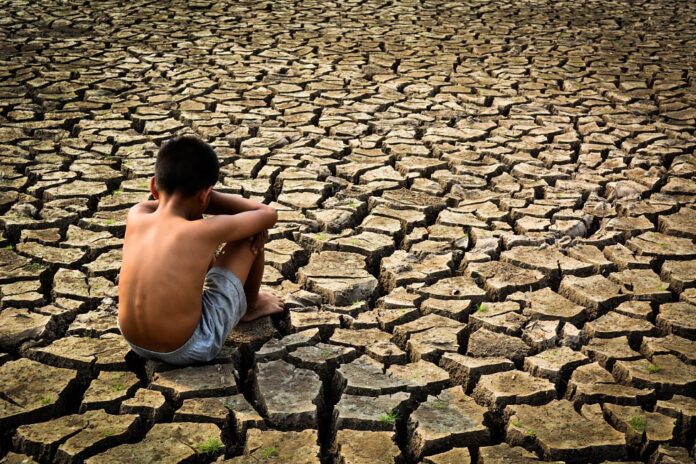On the list of Climate Risk Index, Pakistan has been ranked among the top 10 countries at risk of disasters due to climate. There have also been recorded 10000 deaths owing to climate-related changes, huge financial losses, extreme weather conditions, and most importantly, the ever-changing climate of Pakistan, prolonged summers, and reduced winters.
The recent floods in Pakistan, which have caused immense destruction, are an alarming situation and have awakened Pakistan and the whole world. Pakistan is the most diverse country in ecosystems, topography, and climate zones. However, due to a lack of planning and the worst management of resources, the country is facing the worst challenges, and many are yet to come.
In 2022, Pakistan faced a terrible heat wave from April till August, when the temperature reached above 120 F. the month of April was marked as the hottest month in the past 61 years. Further, many people suffered heat strokes in May, and 65 were reported dead. People also faced severe water shortages leading to heavy floods during monsoon rains destroying lives and infrastructure.
Causes
Some of the major causes of climate change are mentioned below. The authorities need to take complete action regarding the current situation.
- Increasing amounts of greenhouse gases like carbon dioxide are emitted from the emissions of fossil fuels in the earth’s atmosphere.
- The growing population is also contributing to climate change.
- Unplanned urban expansion.
- Increasing dependence on natural resources is also putting pressure on climate.
- Management of water is also a contributing factor. A lot of water goes wasted during monsoon and causes floods. This water can be sued effectively by the construction of dams.
- Dumping solid wastes can also contribute to climate change.
- Lack of public awareness.
Impacts and Threats of Climate Change
Climate change in Pakistan is impacting the economy, sustainable development, and livelihoods of poor people. The prosperity and well-being of the people are at stake.
While there are many threats in the future, the country is already witnessing long hot summers and short winters. Recurring heat waves during summer, floods, droughts, and landslides have been experienced, yet the worst situation is to come. Climate change is expected to enhance the intensity of these events.

It is also predicted that the temperature will still increase due to climate change, especially in the northern areas of Pakistan, leading to the melting of glaciers. The landslides and resulting massive water flow in the Indus River pose another great threat of floods. The concerned authorities also expect that Sindh province will face drier days, unlikely other cities where there will be wet days. The trends in rainfall are also expected to be changing.
A strong impact on the livelihoods and well-being of people can occur due to climate change. As Pakistan is a developing country with the most population belonging to low-middle income backgrounds, the disastrous effects of climate change can readily affect livelihoods. The recent floods are a living example of this scenario. Moreover, the country relies on land, forest, and water resources. Agriculture is the major occupation of the people, and the country’s economy highly depends upon it 90% of agriculture relies on irrigation from the Indus River and its tributaries.

Agricultural activities and food production get highly affected by rising glaciers melting, floods, or droughts, all due to climate change. It leads to never-ending poverty, loss of life and livelihood, crimes, and many more problems arising due to the root cause of climate change.
The Immediate Effects of Climate Change
The temperature in Jacobabad, Sindh, Pakistan, faced unbearable temperatures during June and July, hitting 52 degrees. According to experts, organ failure and death can occur if such a temperature continues for more than a few hours. This record was reached way before the expected period. Hence, it puts an alarming situation for the country. Moreover, the temperature is expected to increase shortly.
According to climate policy consultant Dawar Butt, glaciers in the larger Himalayan and Karakorum ranges can cause disasters throughout Pakistan, Nepal, and India. It can also destroy the country’s tourist spots and infrastructure.
Floods are also an immediate threat due to climate change and the biggest threat. The devastations of recent floods have put the country many years back with immense loss of lives, infrastructure, economy, and land.
Solution Of Climate Change
The government should take immediate notice of the situation. Given below are some of the climate change solutions that could be considered.

Reforestation
Undertaking afforestation and reforestation programs are the need of the hour. Floods, lack of natural gas and electricity, and using the land for construction have caused the loss of trees and forests. Campaigns like the billion-tree tsunami should be scaled up and implemented.
Building Dams
Constructing more dams can alleviate the situation to a great extent. Pakistan has many water resources, yet the water goes wasted due to the lack of dams. Places like that and nagarparkar should be considered.
Waste Management
Devising a waste management program is also essential, especially for northern areas. Tourists and people there often throw garbage in the water, causing pollution. Moreover, burning solid waste in open air contributes to black carbon deposition on glaciers, increasing their melting. Waste management can also contribute to a decrease in the emission of greenhouse gases.
Renewable Resources
Switching to renewable resources can be cost-effective and reduce the use of fossil fuels, ultimately reducing carbon emissions.
Proactive Approach
Shifting to a proactive approach must be considered. Pakistan is known to take action only when a disaster has occurred. Employing environmental science graduates and specialists to devise plans beforehand can save the country from many losses.
Climate Change Developments
The issue of increasing climate change must be given importance in every developmental and political program. As climate change can adversely influence the economy and livelihood, it must be given priority by the government and the people. Citizens must be aware of the situation and participate in activities like tree plantation.
Ban Diesel Automobiles
Banning diesel automobiles also play a huge part in solving the issue as emission from such vehicles contributes to global warming.
The article summarizes Pakistan’s climate changes, threats, and possible solutions.


